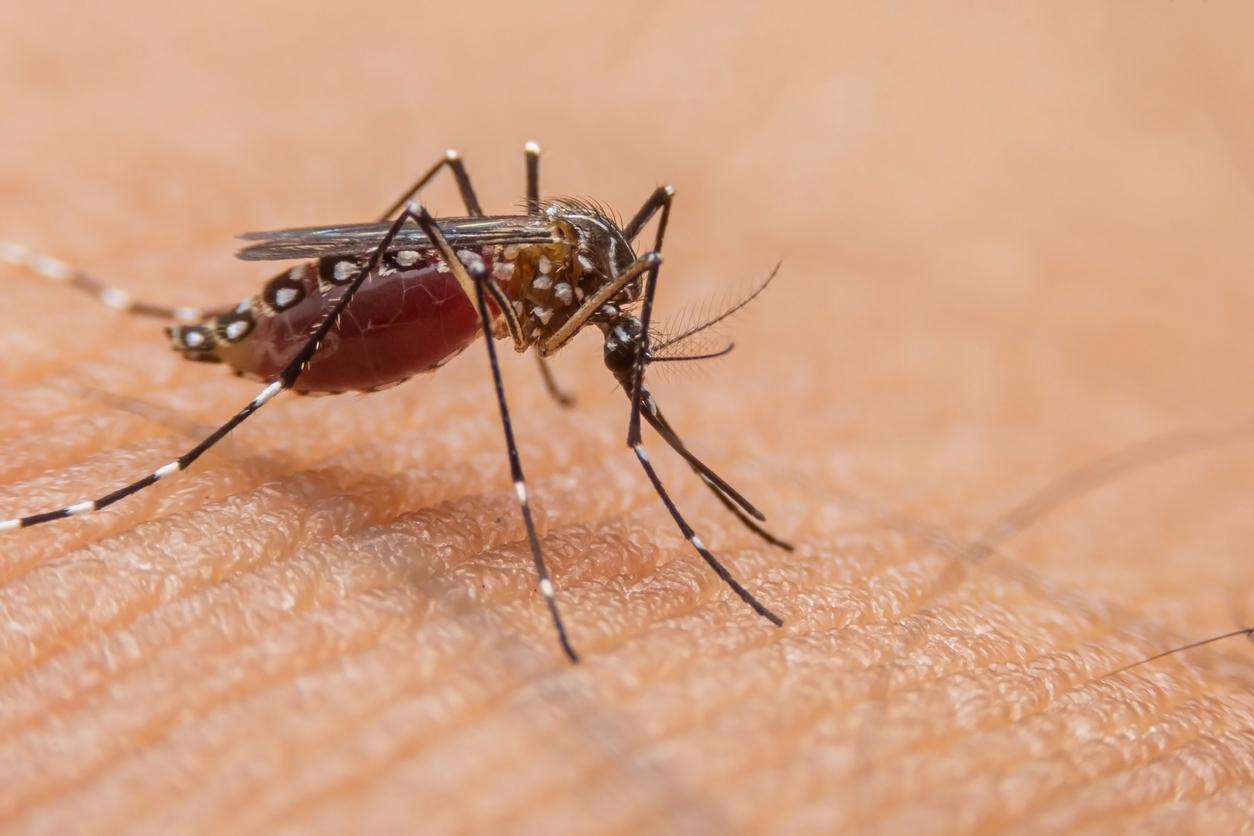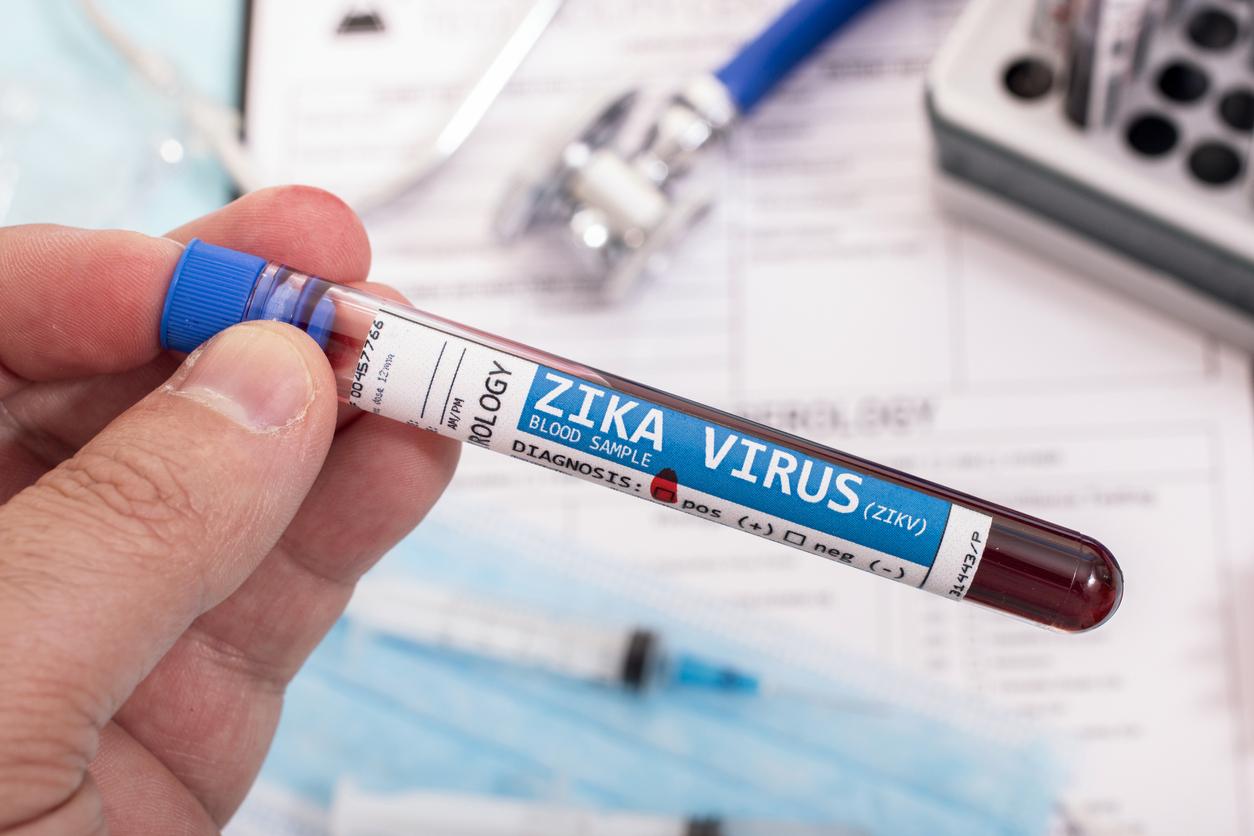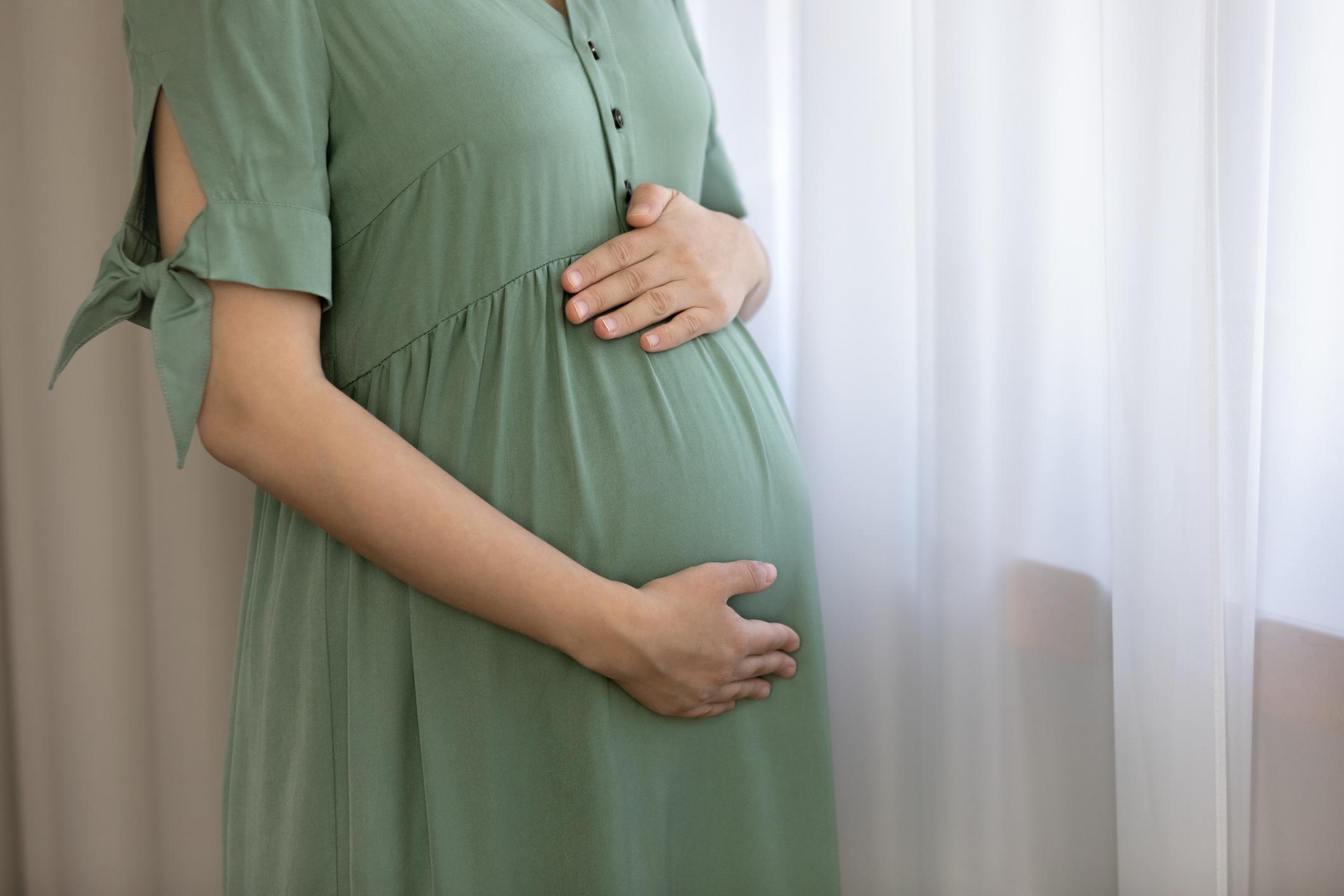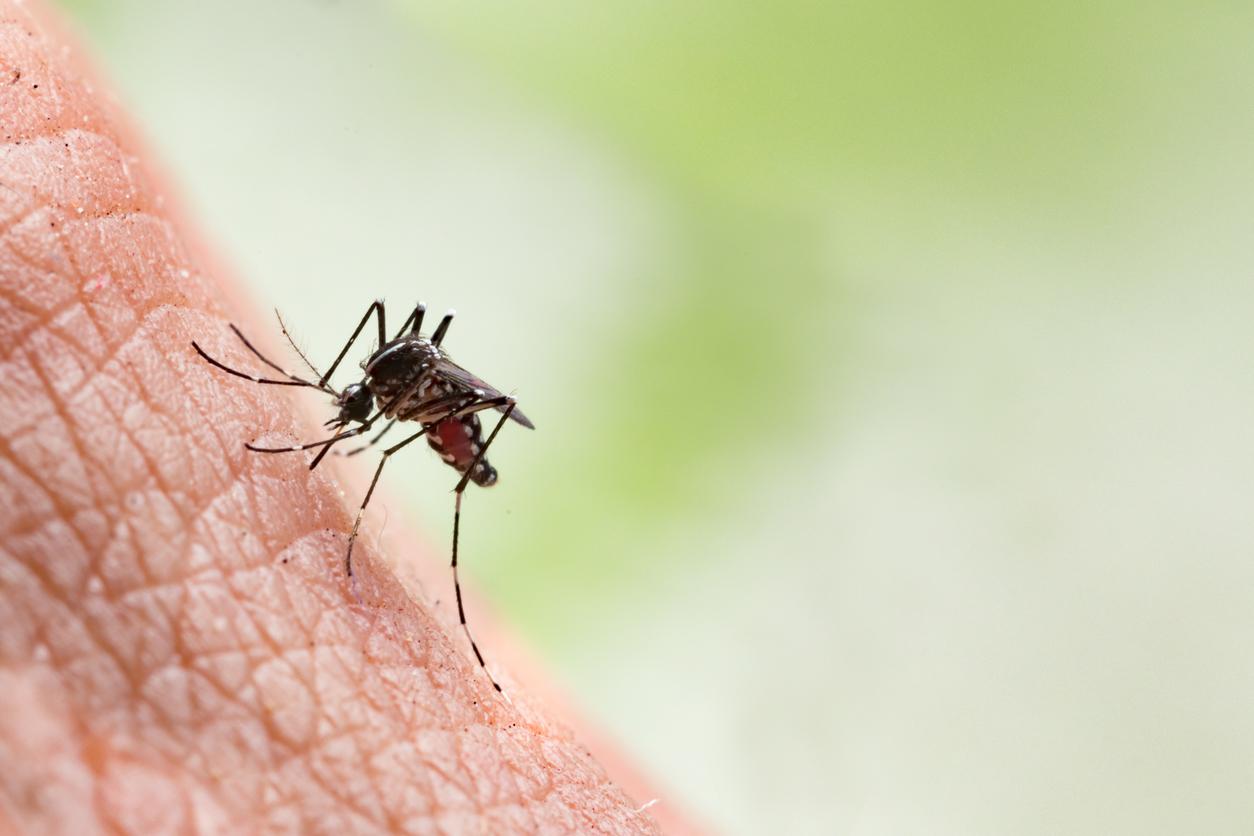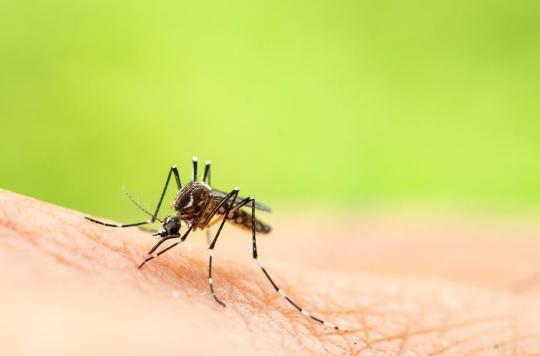According to the latest bulletin from the Institute for Public Health Surveillance, the Zika virus has been confirmed in 66 people returning from affected areas, including 5 pregnant women.

Zika’s presence in the metropolitan area is intensifying. Between the 1er January and February 19, 2016, Zika virus infection was confirmed in 66 people returning from areas affected by the epidemic, including 5 pregnant women and 1 case of neurological complication, said Friday the Institute for Public Health Surveillance on its website.
These women should benefit from special monitoring according to the recommendations issued in January by the High Council for Public Health. This will consist of monthly ultrasound monitoring with research for morphological anomalies and cerebral malformations. This measure helps to detect microcephaly, a neurological syndrome suspected of being caused by Zika infection. However, “there is no need to perform amniocentesis (removal of amniotic fluid, editor’s note) systematic after confirmation of an infection by the Zika virus ”, specify the experts.
36 countries affected by the epidemic
These travelers were able to contract Zika fever in the 36 countries where the epidemic is raging, particularly in the West Indies and Guyana. Transmitted by mosquito bite Aedes aegypti and albopictus (the notorious tiger mosquito), the Zika virus causes fever, rashes and muscle pain. These symptoms only appear in 20% of cases.
For now, the risk of transmission in metropolitan France is almost zero because in winter the mosquito is not active. The danger will become real when the heat of spring arrives on the territory.
There is no vaccine or treatment to prevent or cure Zika fever. Thus, to avoid infection, one should protect oneself from mosquito bites by wearing long clothes, using insecticides and repellents, and not leaving standing water in the garden. For pregnant women, the postponement of the trip to the affected countries is also strongly recommended by the health authorities.
.









